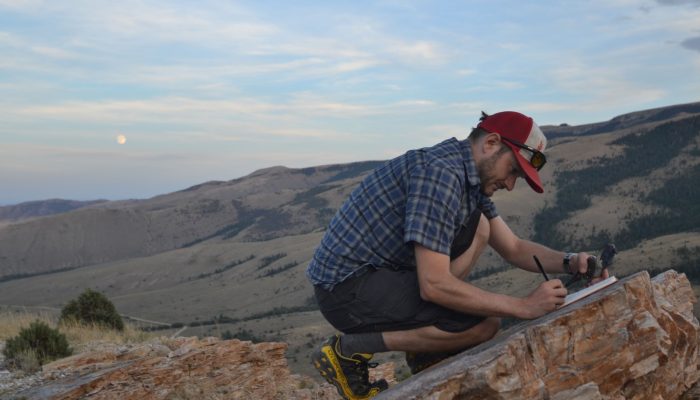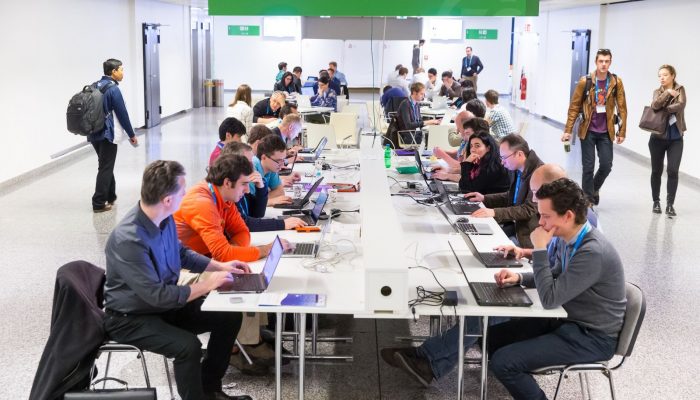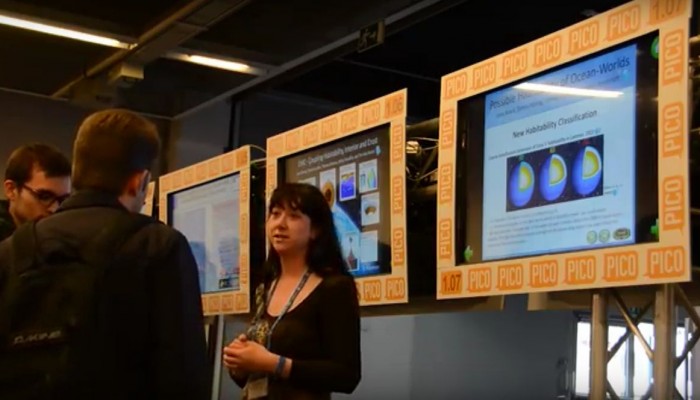Some of the sessions scheduled for the upcoming EGU General Assembly are PICO only sessions. This means that, rather than being oral or poster format, they involve Presenting Interactive COntent (PICO). The aim of these presentations is to highlight the essence of a particular research area – just enough to get the audience excited about a topic without overloading them with information. What’s gr ...[Read More]
What’s new for the 2017 EGU General Assembly?
Following a record number of participants at last year’s General Assembly and feedback received, the EGU and its conference organiser Copernicus will be introducing a number of changes at the EGU 2017 General Assembly. In this post, we highlight a few of the changes that returning participants will notice at next year’s conference. More participants means making way for more presentati ...[Read More]
GeoTalk: Peter Lippert, understanding continental tectonics through palaeomagnetic studies

Geotalk is a regular feature highlighting early career researchers and their work. In this interview we speak to Peter Lippert, a palaeomagnetist at the University of Utah, and winner of the 2016 EMRP Outstanding Young Scientist Award. He was granted the award for his contributions to insights into palaeoceanography and continental tectonics through palaeomagnetic studies. Crucially, his work usin ...[Read More]
Organise a short course at EGU 2017: follow this simple guide!

From supercharging your scientific skills, to boarding your base in science communication or picking up tips on how to boost your career – be it in academia or outside – short courses can be one of the highlights of the General Assembly programme. But, did you know that any EGU member (you!) can propose a short course? You’ve got until 20 January 2017 to complete the application. This quick ...[Read More]

